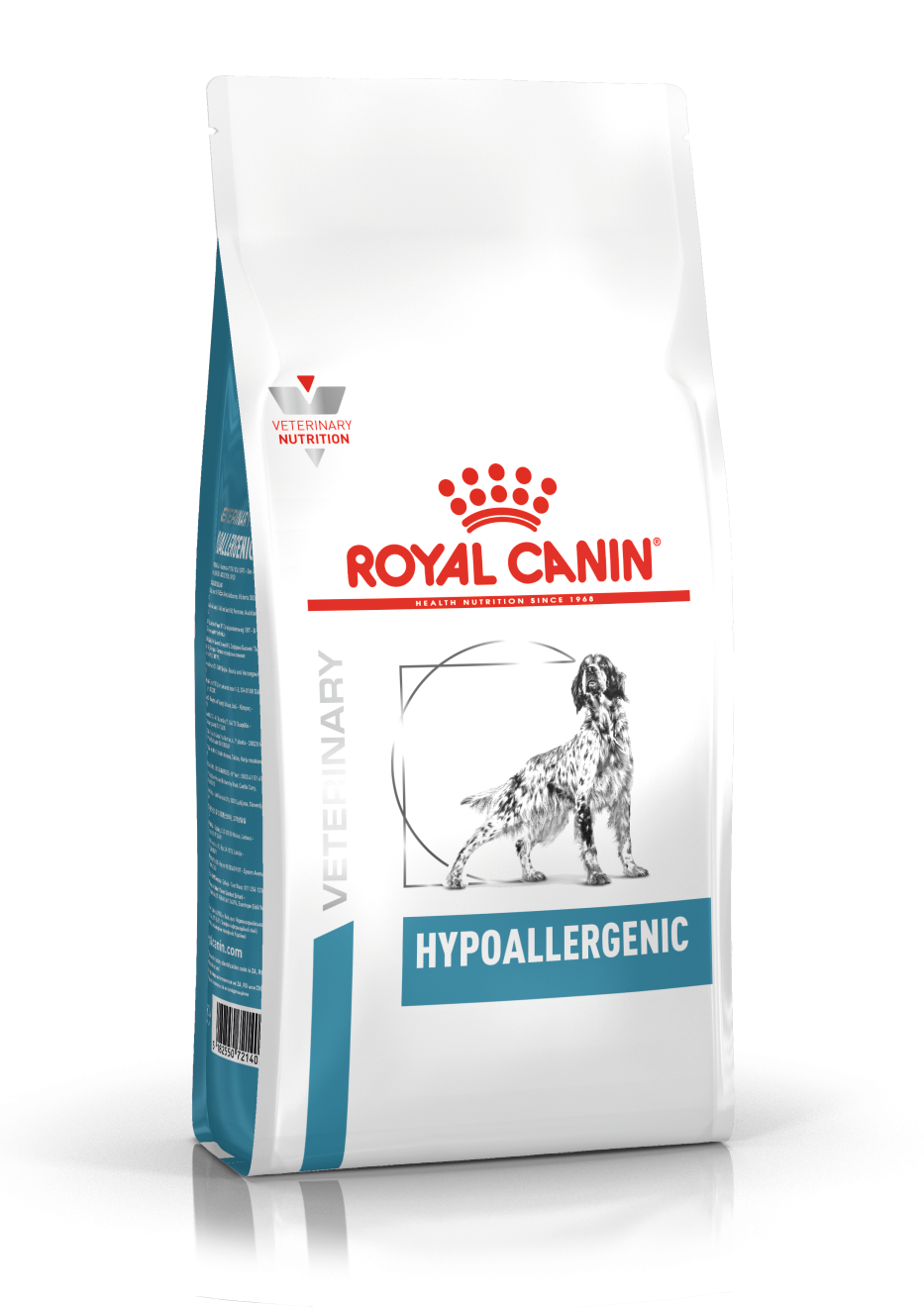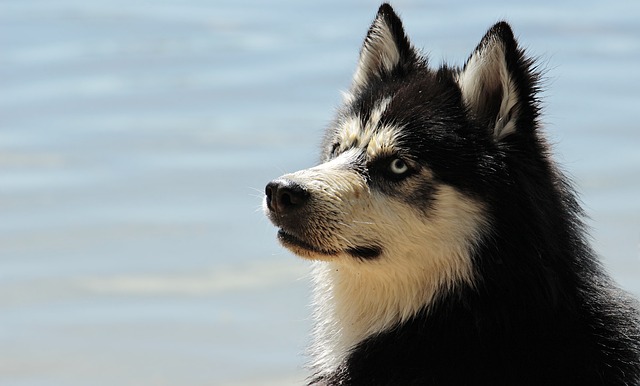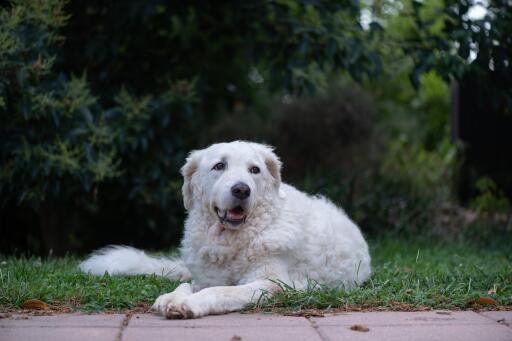
The Pekingese dog breed is versatile and can be used for many different lifestyles. They are independent, intelligent, and low in activity. These qualities make them great pets, whether you are a new or experienced pet owner. They are loyal and loving to their families.
Low-activity canine
Pekingese that are low in activity are a great choice if you're looking for a dog with a minimal amount of exercise. This breed is social and easy going. However, it can be quite reserved around strangers and can bark quite often. They should be introduced to children as young as possible. They must be treated with respect like any other breed of dog.
If you're looking for a low-activity Pekingese, make sure to check the breed's health history before buying a puppy. This breed is susceptible to respiratory issues and intervertebral disk disease. The breed can also be susceptible to eye problems like progressive retinal atrophy (the kneecaps popping out) and patellar luxation (the kneecaps popping off). Although some health issues can be hard to identify during puppyhood, reputable breeders will have health certifications to show potential buyers that their animals are in good health.
Self-important
Pekingese dog breeds can trace their roots back to the 8th Century, when they were known as "Fu Lin", or "the Lion Dogs of China". The Chinese royal family kept them safe and well-trained for many centuries. Later, they made their way to the west and became popular worldwide. They are proud, loyal, confident, and full-of self-importance, confidence and dignity.

Pekingese canines are small but they have a long tradition as the most important Chinese dogs. Their ancestors were used as household pets, companions, and even as show dogs. Pekingese are proud, intelligent and regal making them excellent pets. Although they are affectionate and lovable, they are also very demanding of attention. They can growl and become jealous if they don't get the attention they want.
Intelligent
If you're looking for an intelligent dog breed to add to your family, the Pekingese is a good choice. Pekingese can be a good dog for children as they are not aggressive. The Pekingese is small and easily injured by children. They can also snap when they feel threatened.
The Pekingese is one of the most intelligent dog breeds. Its average intelligence score is almost as high as a two year-old child. There are many things that can impact how intelligent a dog will be. Training is one of those factors. If a dog breed is naturally intelligent, it will be easier to train than if it is not. A dog's intelligence must be compatible with your life.
Independent
Pekingese independent breeds are often described by people as "royal dogs", though their royal appearance doesn't seem all that intimidating. They are affectionate and loyal to their family, but can be shy and reserved around strangers. They get along well, so long as their supremacy and dominance are recognized.
Independent Pekingese dog breeds are very intelligent and loving dogs. Despite their small size, they require little exercise. However, their strong personalities demand lots of affection and attention. Pekingese also need a cool environment as their brachycephalic shape makes them susceptible to overheating in hot weather.

Pekingese can be house pets and are great for families. However, they might not get along with young children. Children must treat them with respect and socialize them early in life.
Stubborn
Pekingese dog breeds known as stubborn Pekingese are notorious for being stubborn, even when taught to behave. Their stubborn nature is not the only reason they require special care for their eyes. It is common for the breed to develop eye infections. Regular exams are necessary to ensure their health.
Through history, the Pekingese was known as both the "lion dog", and "sundog". They can bark louder because of their royal heritage. You need to socialize them as soon as possible. They are very independent and require patience.
Pekingese coats are dense and fluffy, so it is important to brush them daily to keep them looking shiny and healthy. Also, pay particular attention to the areas surrounding the ears.
FAQ
Should I get a puppy or a kitten?
This depends on you. Some people prefer puppies while others like kittens.
In general, however, puppies are more active and playful. Kittens sleep a lot, and they are very gentle.
Both breeds of animal require constant attention from their owners. They will grow up quickly and need a lot of care.
You will need to take them to the vet for regular checkups. This means that you will have to spend some time with them at the vet.
How often do I need to groom my dog every day?
Grooming your pet dog is very important. It will keep your dog's coat healthy and clean.
Your dog needs to be brushed at least twice a week. Brush your dog after every meal.
You can remove dirt and hair from your dog's fur by brushing. Brushing your dog's teeth will make him look more healthy.
Ear infections can be prevented by brushing his ears.
How do I find out if my dog has fleas
If you notice your pet scratching at its fur, licking itself excessively, or looking dull and unkempt, then chances are he/she may have fleas.
If you see any signs of redness on your pet's skin, this could also indicate an infestation by fleas.
You should take your pet to a vet as soon as possible for treatment.
What kind of food should I feed my dog?
It is important to give your dog a healthy diet.
Some foods that are high in protein include chicken, beef, fish, eggs, and dairy products.
Other foods that are high in carbohydrates include fruits, vegetables, bread, cereals, pasta, rice, potatoes, and beans.
Low-fat foods include lean meats and poultry, fish, whole grains, seeds, and nuts.
Always consult your veterinarian before feeding your dog different types of foods.
What are some signs that my pet might be sick?
A variety of symptoms may indicate that your dog has a serious illness. Symptoms include:
-
Vomiting
-
Diarrhea
-
Lethargy
-
Fever
-
Weight loss
-
You will feel less hungry
-
Coughing
-
Difficulty breathing
-
Bleeding around the nose
-
Blood in urine or stool
These are just some examples. Your vet will know exactly what to look for.
What's the best pet?
The best pet is the one you love. There is no right or wrong answer. Everyone has a different opinion on what pet is best.
Some people believe that cats can be more loving than dogs. Others believe dogs are more loyal, loving, and affectionate. Others argue that birds make the best pets.
But whatever type of pet you choose, you must decide what kind of pet suits your personality.
If you are friendly and outgoing, a dog might be the right choice. A cat might be the best option for you if your personality is reserved and shy.
You should also consider the size and layout of your home. A small apartment means that you'll need a smaller pet. On the other hand, a large house means that you'll need more space.
Finally, remember that pets require lots of attention. They should be fed on a regular basis. They should be taken on walks. And they need to be brushed and cleaned.
These are the things that will help you choose the right pet for you.
What are the responsibilities that pet owners have?
The pet owner should love his/her pet with all their heart. They must provide for their basic needs like shelter, water and food.
They must teach them proper behavior. The pet owner must not neglect or abuse it.
He should be responsible enough to clean up after it.
Statistics
- Monthly costs are for a one-year-old female mixed-breed dog and an under one-year-old male domestic shorthair cat, respectively, in excellent health residing in Texas, with a $500 annual deductible, $5,000 annual benefit limit, and 90% reimbursement rate. (usnews.com)
- It is estimated that the average cost per year of owning a cat or dog is about $1,000. (sspca.org)
- For example, if your policy has a 90% reimbursement rate and you've already met your deductible, your insurer would pay you 90% of the amount you paid the vet, as long as you're still below the coverage limits of your policy. (usnews.com)
- Pet insurance helps pay for your pet's medical care, with many policies covering up to 90 percent of your vet bills. (money.com)
- Reimbursement rates vary by insurer, but common rates range from 60% to 100% of your veterinary bill. (usnews.com)
External Links
How To
How to choose a name for your pet.
The most important decision you will make when adopting an animal is choosing a name. Names should reflect who your pet is and their personality.
Also, think about how others might refer you to them. For example, if you plan to use their name when speaking with someone. Finally, think about how you'd like to be referred. What do you prefer, for example, "dog" or pet?
Here are some tips and tricks to help you get going.
-
You should choose a name that suits your dog's breed. Look up names that are associated with the breed if you are familiar with it (e.g. Labradoodle). Ask someone who is knowledgeable about dogs to suggest names based on that breed.
-
The meaning behind the name is important. Some breeds have names that are based on people or places. Others are nicknames. The name "Rover," for example, was given to a Labrador Retriever because he was always running around!
-
How would you like to be called? Do you prefer "dog" to "pet?" Are you more likely to call your dog "Puppy" than "Buddy?"
-
Don't forget to include the owner's first name. It is a smart idea to give your dog a name that includes both your first and last names. However, it doesn't mean you should limit yourself to just including the names of family members. You may have your dog as a part of your extended family.
-
Keep in mind that many pets have multiple names. A cat may have many names, depending on where she is located. When she visits her friends, she might be called "Kitty Cat" but "Molly", at home. This is especially true for cats that live outside. Cats often choose to adopt their name according to their surroundings.
-
Be creative There is no rule that says you must follow a particular naming convention. Just make sure that you choose something unique and memorable.
-
Be sure to check that your chosen name does not already belong in the hands of another person or organization. That way, you won't accidentally steal someone else's identity!
-
Finally, remember that choosing a name for your pet isn't an exact science. Sometimes, it takes time for you to choose the right name. Keep at it until you find the right match.